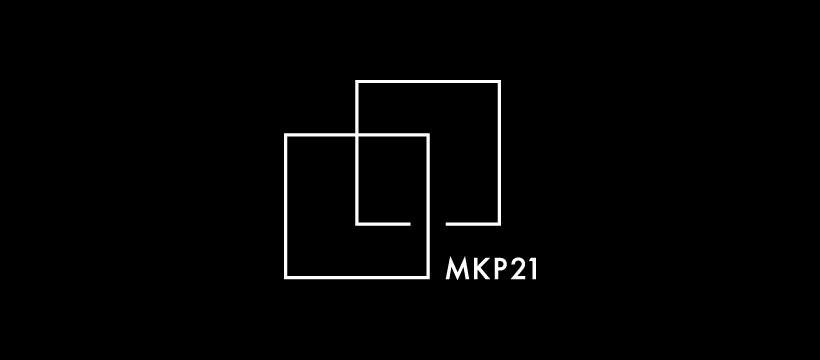Good-for-Nothing Fellow
Are you a seeker of any kind? Do you seek happiness? Wealth? Are you on your quest for spiritual development? What about the case of seeking enlightenment? If that’s the case, I’m afraid, I have to say that you will most certainly end up in failure.
In today’s Koan, a monk has a dialogue with master Ummon, one of the predominant figures of the golden age of Zen. On the first day of his visit, during the conversation with Ummon, the monk deeply disappoints him and is even threatened with 6o strikes of Zen stick, as he doesn’t get the true intention of Ummon’s questions (I don’t get into details here, not to make this entry sound too Zen-ish, bombarding the readers with fearful imageries of Zen sticks and complain about how hurtful they are …).
The next day, he seeks revenge (!) on Ummon, and comes to the master. But alas! The monk was such a pigeon-hearted man that, in encountering Ummon, he starts asking what is wrong with him regarding the answers he gave Ummon the previous day. Ummon, in reply to this pitiable monk, says “You good-for-nothing fellow! What the heck have you been doing, just wandering from place to place?” This monk has s sudden insight from this remark of Ummon’s.
Now … for me this sounds as if Ummon is asking us “What’s wrong with YOU?” We seek under the premise that something is missing. This is especially true about a quest for something like Enlightenment with a capital E. This “missing“ has become so engrained into our psyche that it has almost become the default mode, whether s/he is a serious seeker or not.
But what if the above premise is a false one? What if nothing is missing, right now, here, in this moment? We wouldn’t simply be able to believe such a notion as some promise that is made to the whole sentient beings, and that’s where a certain kind of practice comes in, as “a thorn used to pull out another thorn.” If we have to do something to realize that we don’t have to do anything, it must be a highly intelligent practice intelligently designed to serve that particular purpose.
And the place/timing for such kind of practice is always here and now, where nothing is supposed to be missing. We just have to notice, look, and see what is appearing and disappearing there (or here, correctly speaking), being whole and complete, all the time.
Another question here: What the heck are you doing, just wandering from place to place?” A hard-hitting blow by Ummon, to those who look elsewhere for Truth: in some esoteric teachings, the words of a master, or a certain technique that is supposed to liberate you. But who or what is it that is liberated, anyway? And when will that future liberation come?
The moment you take a wander into one of the above “elsewhere”, you’re already away from home, or more precisely, you are in the illusion of being away from home. But look closer … you are already home, without a householder in charge! That’s Ummon’s silent message coming from his tears and blood. It is as if he’s saying “This is our HOME! The only thing we can do is not to go away, wondering from place to place.”
How do we do (or not-do) that? Enjoy your home. Relax into it. Look at your own home, the place where all these sensations dance together in a marvelous manner. Get familiar with them by observing without any concept attached. When you observe the head, for example, start by asking “What is head?” This may sound a bit silly, but give it a try. Then you’ll notice that it is impossible to directly see the head. Then, we can proceed to the sensations that relate to the concept of head. And the practice goes on …
If you are 100% honest with yourself, all that is written here won’t satisfy you unless you viscerally get it. Give a sincere try and you’ll see, verify it for yourself. Well, I’m not sure if Ummon will give a hard slap of Zen stick or not to such a fellow, though.
